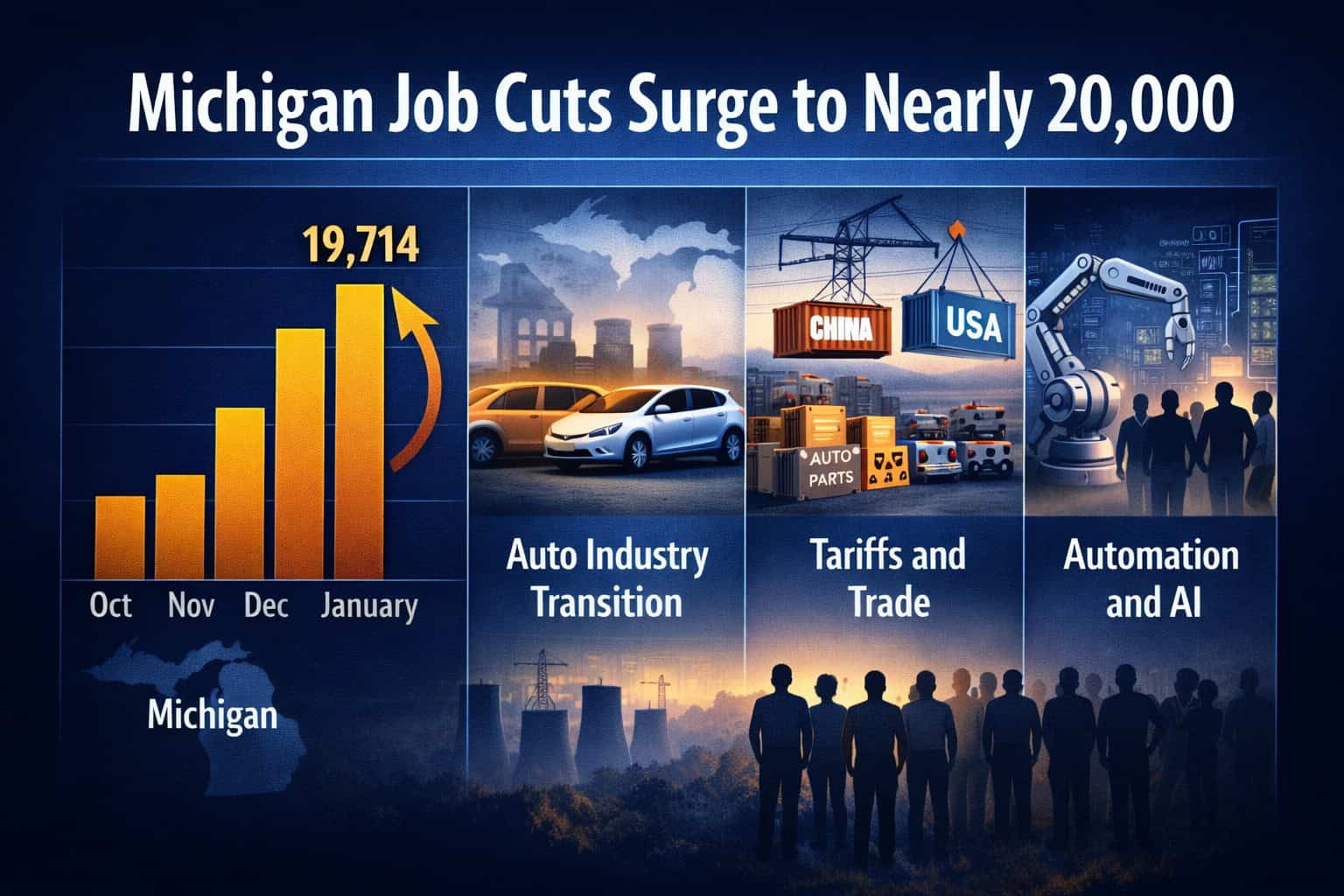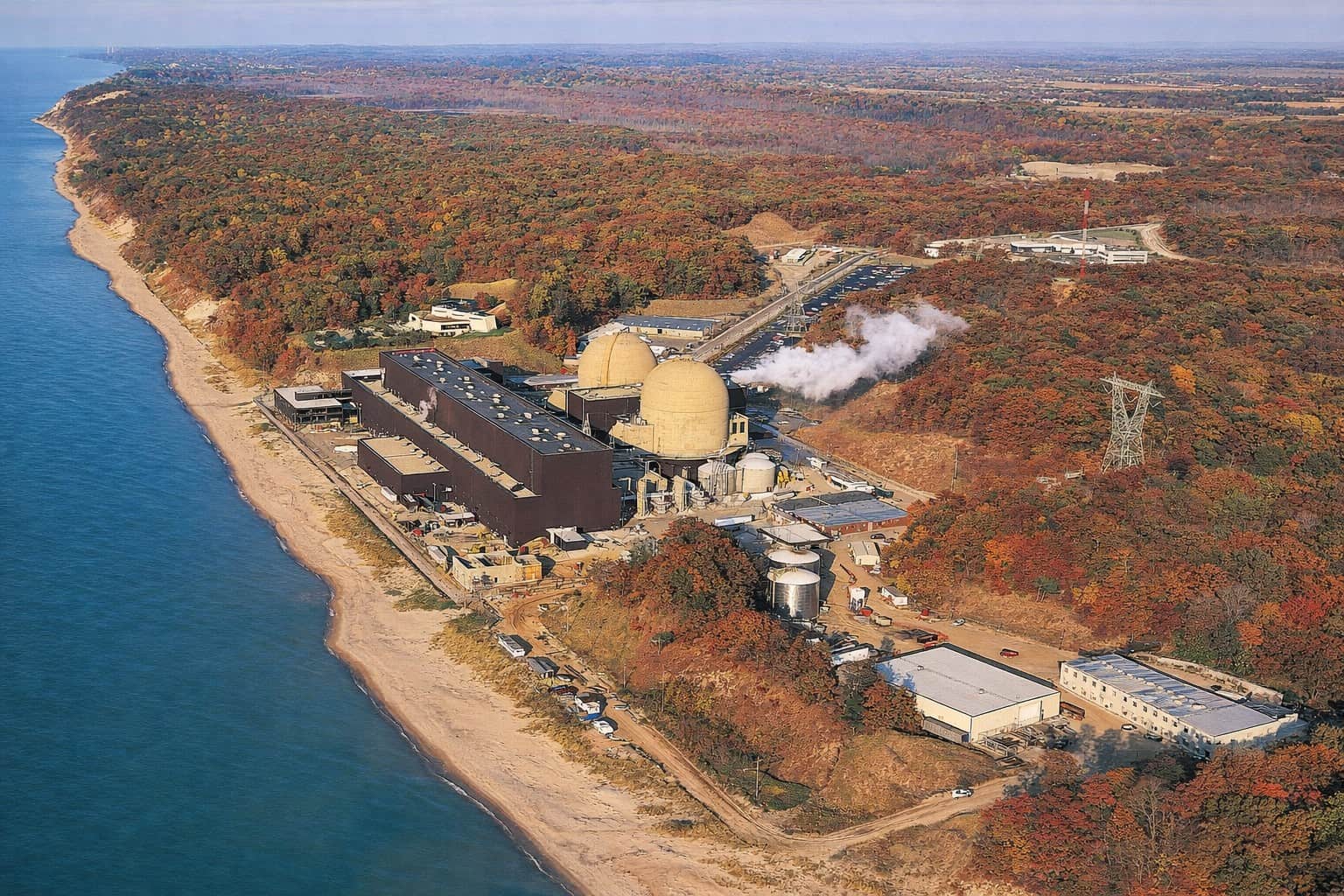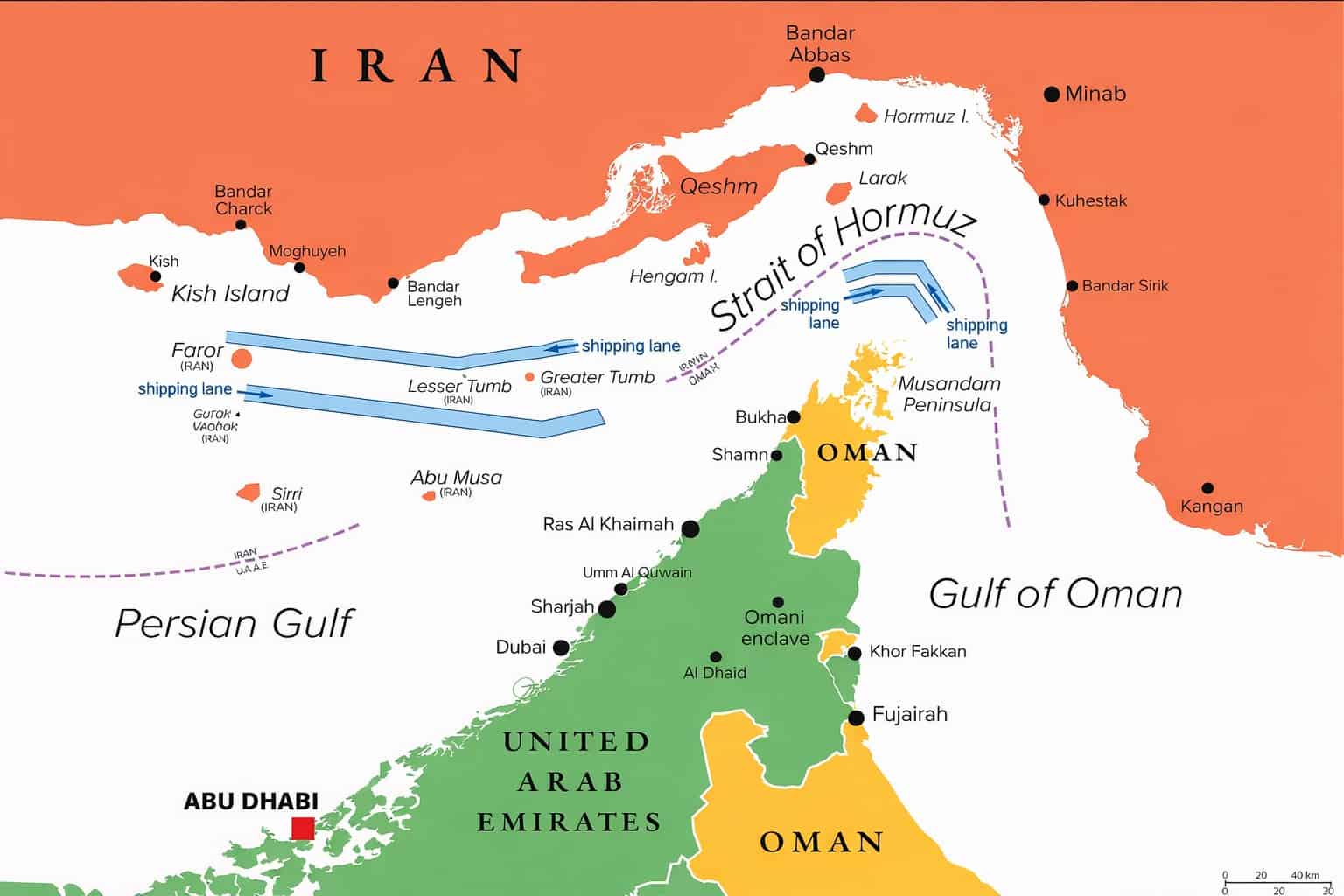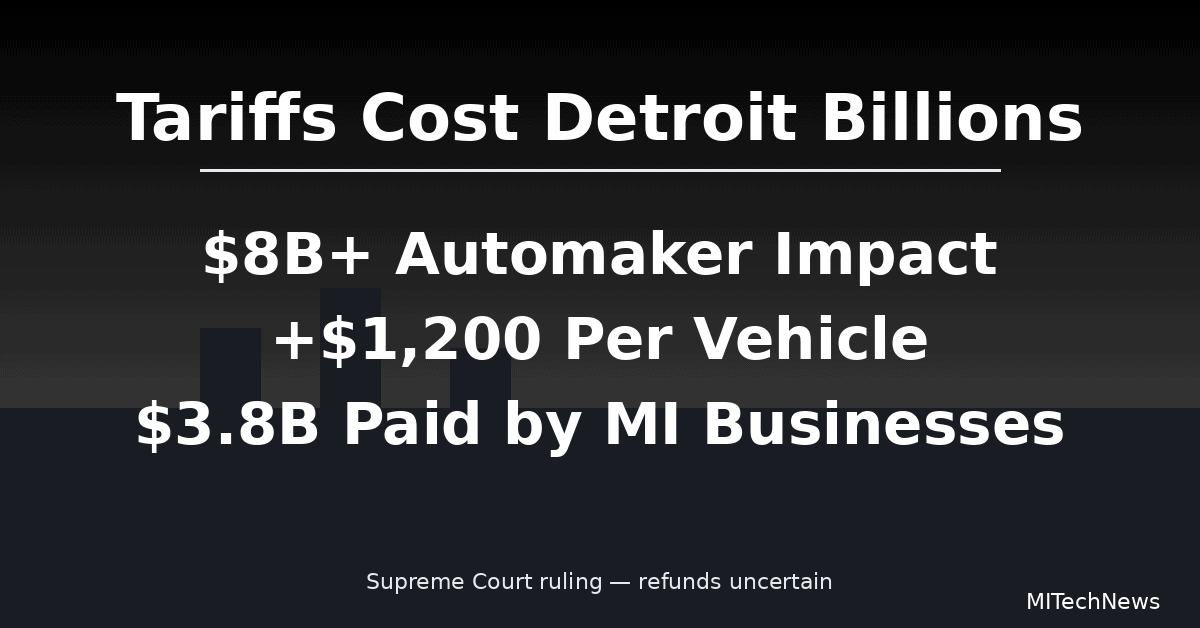LANSING – If the Enbridge Line 5 oil pipeline across the Straits of Mackinac ruptures, the various agreements involving the pipeline do not require the company to pay for the cost of cleanup and remediation, a study commissioned by the departments of Attorney General and Environment, Great Lakes and Energy says.
Attorney General Dana Nessel released the report, which is dated Tuesday, on Thursday after the Michigan Court of Claims ruled against Ms. Nessel’s and Governor Gretchen Whitmer‘s arguments that the law setting up an authority to oversee the movement of Line 5 into a tunnel beneath the straits violated the Michigan Constitution’s title-object clause.
A spokesperson for Enbridge said the company is reviewing the report, but said “as part of the 2018 agreements with the state of Michigan, Enbridge provided the state with detailed financial assurances that we would cover all costs in the unlikely event of an incident in the straits.” The administration of then-Governor Rick Snyder negotiated an agreement with Enbridge governing oversight of Line 5 until the tunnel is ready.
Enbridge spokesperson Ryan Duffy said the company is focused on the Line 5 tunnel project to reduce the chances of an oil release into the straits to near zero and that focus “reflects our steadfast commitment to protecting the Great Lakes, the environment, and the community, while safely meeting Michigan’s energy needs.”
The report, however, raises questions about whether the 1953 easement, which gives Enbridge – theoretically the successor company to the original firm that built the pipeline – rights to the bottomlands of the straits and if it would force Enbridge to pay for the clean-up and remediation of a spill.
The report says Enbridge is not a party to the easement, which applies only to the original company and its successors. That easement requires the pipeline owner to indemnify the state for all costs and damages to persons and property arising out of the company’s operations at the straits and to maintain a liability insurance policy, bond or surety acceptable to the state of at least $1 million.
Agreements entered into between the state and Enbridge starting in 2017 required “certain Enbridge business entities” (also described as “signatories”) to provide financial assurances to the state of up to $1.878 billion in U.S. dollars (Enbridge is a Canadian firm).
“The 1953 Easement does not have a provision for using the assets of the Signatories, which is essentially self-insurance, to back up the indemnity requirements,” the report says. “To the contrary, the 1953 Easement makes specific reference to requiring the Grantee and its successors to maintain comprehensive general liability insurance, bonds or surety on the dual pipelines.”
The report says Enbridge as of August 2019 does have the capability to fund $1.878 billion for damages from an oil spill.
“However, we do not recommend the acceptance of Enbridge, Inc. assets as evidence of Financial Assurance unless Enbridge Inc. becomes a signatory to The Agreements with
the State,” the report says. “Due to the corporate structure of Enbridge, Inc., only the assets of the Signatories are obligated by The Agreements.”
The report says it based that conclusion on the sworn November 9, 2018, testimony of Chris Johnson, chief financial officer of Enbridge Energy Partners LP, which the report calls the largest U.S.-based operation of Enbridge. It also is the successor company to the Enbridge company granted the easement in 1953, the report says. Mr. Johnson was speaking to the Minnesota Public Utilities Commission on the siting of a new Line 3, unrelated to Line 5.
Johnson told the Minnesota agency Enbridge, Incorporated, is not contractually obligated to stand behind the indemnity agreements of a subsidiary, the report says. The report also says a 2018 Enbridge, Incorporated, report indicates the signatories to the Line 5 agreements are all subsidiaries of Enbridge, Incorporated.
“The state of Michigan is only holding an indemnity obligation from the Signatories in the Second and Third Agreements and the Easement; those companies are Enbridge Energy, Limited Partnership, Enbridge Energy Company, Inc. and Enbridge Energy Partners, LP,” the report says. “Therefore, unless Enbridge, Inc. becomes a signatory to the Agreements, the financial resources of Enbridge, Inc. in Canada should not be used to verify the $1.878 billion financial assurance amount as required in the Agreements.”
The subsidiaries/signatories to the Line 5 agreements with the state do not have $1.878 billion in liquid assets, credit facilities and insurances to handle the damages arising from a Line 5 rupture as of September 2018.
The report also notes that Enbridge Energy Partners LP in late 2018 was acquired by Enbridge, Incorporated and that means the subsidiary no longer produces its own reports for the U.S. Securities and Exchange Commission.
“We noted that in October 2019, the assets of Enbridge, Inc. were used in the Financial Assurance Verification Form supplied to the State as required under the Second and Third Agreements,” the report says. “However, Enbridge, Inc. is not a party to the 1953 Easement or a Signatory to the subsequent Agreements. Based on the testimony of Mr. Johnston, the contribution of funds under an indemnity agreement made with a subsidiary would appear to be to be a purely voluntary endeavor for Enbridge, Inc.”
The report recommends enhancing the indemnity obligations by obtaining one from Enbridge, Incorporated, adding specificity on the source of the information to be provided on the Financial Assurance Verification Form, requiring more specific types and amounts of liability insurance with the state named as an additional insured, among other changes.
Nessel sharply criticized Enbridge, saying it “seriously misrepresented its financial holdings when it made its deal with the Snyder administration.” She called the finding that covering the cost of the spill being voluntary for Enbridge “chilling.”
This story was published by Gongwer News Service







Please tell me why Michigan is absorbing the potential liability of a 66 year old decaying pipeline which we do not need. Where are the politicians who PROMISED to decomission this pipeline as soon as they got into office?? Why are we still dealing with this? When will our government become really, really, really SERIOUS about the promises it made to protect us from a greedy foreign company?